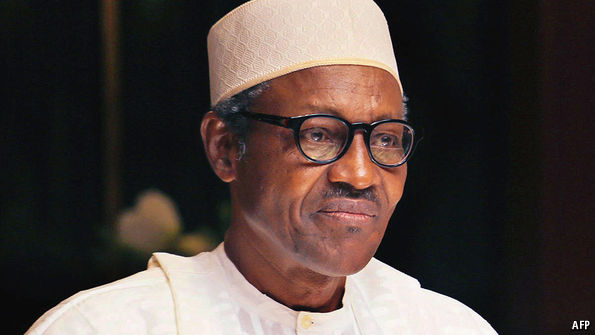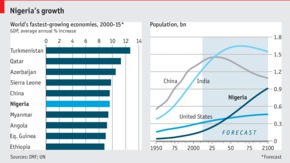
Shaibu Husseini, a member of the Nigerian Oscar Selection Committee, has attributed failure of Nigerian movies to win international awards to poor quality of production and bad subtitles
Husseini told the News Agency of Nigeria on Friday in Lagos that the Oscar award was meant for films produced in foreign language.
He said the Nigerian films produced in English and in local languages never meet the standard for nomination since the introduction of the foreign language category of Oscar award.
He said: “Nigeria has not been lucky to have entries there because we don’t produce targeting those kinds of awards.
“We just produce to send DVD into the market. There is no conscious effort to produce for Oscars.
“All these films that you see getting into Oscar, whether in the main category, even the language categories, once they start producing it, they are targeting those Oscar awards.
“They are targeting Globe (awards), they are targeting big awards because whether we like it or not, those awards have a way of helping publicity for the film, they have a way of marketing for the film.
“And what does the Oscar Foreign Language Category entail?
“It entails that you must do a film in your local language, in a language that is local to you and in a language that is considered a foreign language.
“And it must be like 70 per cent of your local language and if you must use English at all, it must be like 30 per cent.
“Apart from that, it must be well subtitled and it must be of quality.
“The committee now is like four years old but we have not been able to have entries that will qualify.”
Husseini also commented on the recent outrage trailing the 2016 Oscar nominations where no black actors were nominated in the major categories.
He said in the past, blacks received nominations, but added that this year they had not participated in any major movies that would earn nominations.
NAN.

